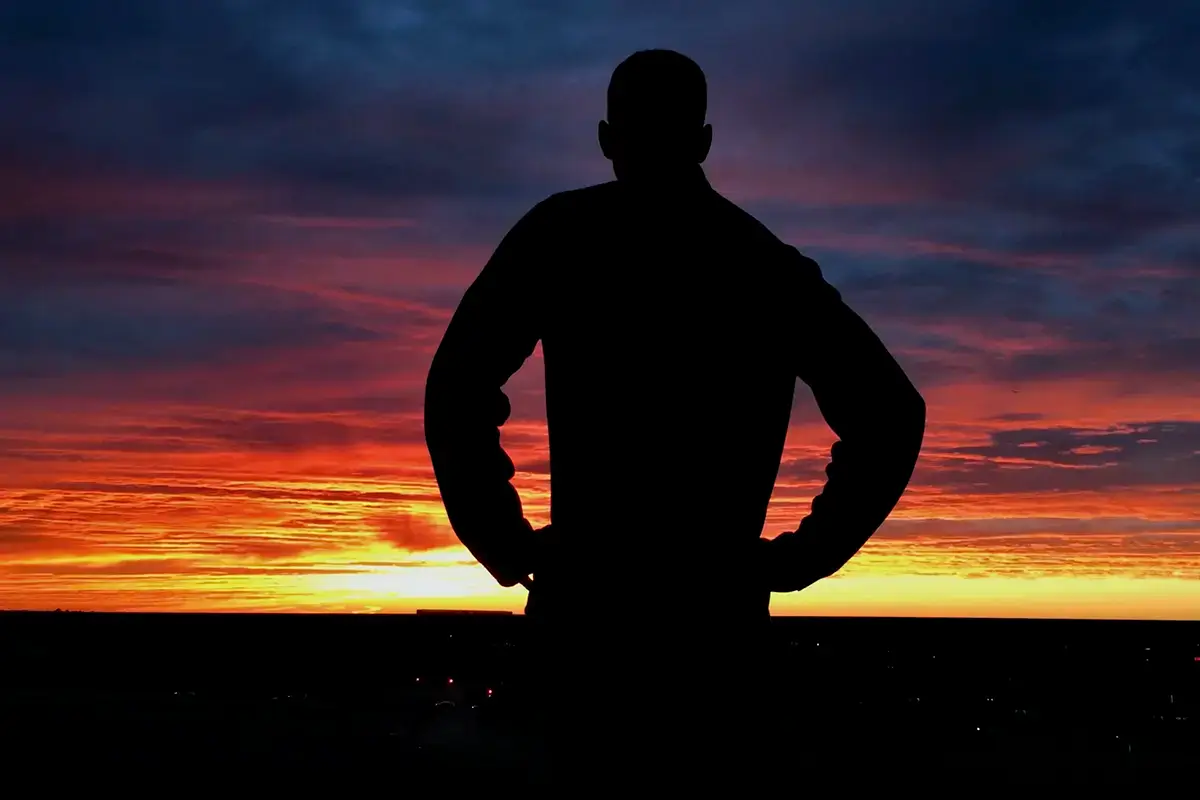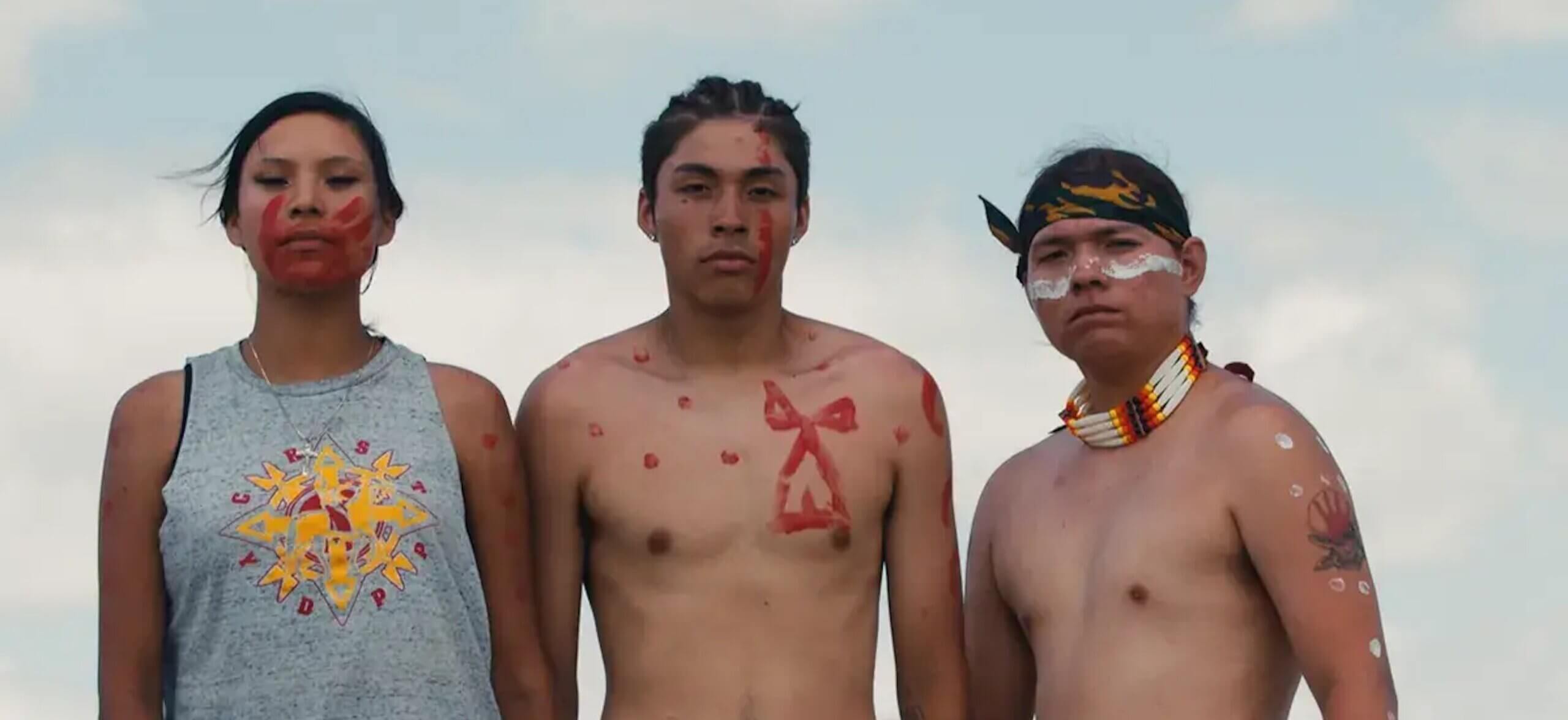There are some documentaries that leave an indelible mark on us – or many if you’re an avid viewer. Films that take us somewhere we have never been, reveal a new perspective or enable us to dig into a moment in time with the power of hindsight. It’s often not just the story that keeps us coming back but the lesson gained from it being shared.
Documentaries are teachers by design. Like educators, documentaries have a unique power to inform as well as spur critical thought and action.
Great documentaries are catalysts for change. Like teachers, they help foster civil and social participation by unraveling complex narratives and contextualizing theoretical learning with real-world context.
Film Platform’s own data consistently emphasizes this. The films that are consistently among our most viewed across the platform are inherently social impact driven. Though they cover different topics, these impactful films all share a common feature: their ability to peel back the complexity of our social systems to critically examine issues as they apply today.
America to Me, a multipart docuseries, spends a year at Chicago’s elite Oak Park and River Forest High Schools, an institution known for its progressive values, and yet had been failing to address persistent achievement gaps among its students. Filmmaker
Steve James tracked 12 students for a full school year, interviewing them, their parents, the schools' faculty, coaches, and even school security guards to reveal the smoke and mirrors we often instill in the name of inclusivity. It offers a searing look at racial bias, culture, and the education system to better understand the weak systems and nuanced cultural barriers that impact equality and student success.
The series provides an eye-opening study into what James Poniewozik described in his
2018 review in the New York Times as “an invaluable look at where inequity begins, as well as the difficulty of getting to the place where it ends.”

Image from America to Me
Picture a Scientist is another film scrutinizing culture and inequity, this time in an industry setting. The documentary explores systemic sexism through the experience of three leading women scientists, leveraging their personal professional experiences to better understand the scores of data highlighting the gender gap in STEM.
One of the most watched documentaries the year of its release,
Picture a Scientist has since served as the catalyst for a number of institutions to review their culture and policies to create better outcomes for inclusivity.
“I recently had the pleasure of viewing Picture a Scientist and it made an impact on me. I work at Johns Hopkins Applied Physics Laboratory in the Space Exploration Sector.
Our sector, as well as the laboratory as a whole, is focused on making authentic progress in inclusion and diversity efforts. There are upper-level management discussions currently taking place about how to do better.”
Faculty member, Johns Hopkins University, Space Exploration Center
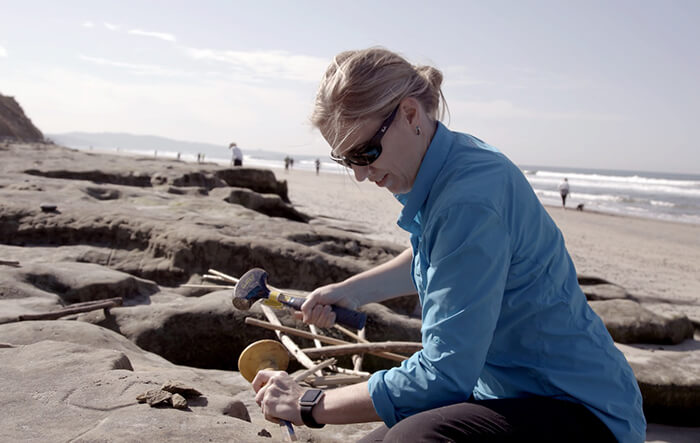
Image from Picture a Scientist
How to Survive a Plague has become essential viewing as part of the literature on A.I.D.S. The film showcases the fearlessness of A.I.D.S. health advocates during the 1980s and 90s, as they boldly took their salvation into their own hands, utilizing protest and education to force the government and pharmaceutical industry to sit up and take notice.
As a historical account, the film showcases the obstacles the movement, led by the group Act Up, faced and the historic strides they made for A.I.D.S. treatment. Perhaps more importantly for today’s news, the film also serves as a case study in civil disruption, demonstrating the impact אישא protest, education, and organization can have on social change.

Image from How to Survive a Plague
At a time when the pinch of late-stage capitalism is being felt across the world,
Inequality for All, highlights the economic and sociological impacts of income inequality in the U.S. Economics Professor and former U.S. Labor Secretary Robert Reich provides a digestible analysis of America’s widening wealth gap. Although Reich certainly hasn't been alone in sounding the alarm on the gap, which has been accelerating with wage stagnation since the 1970s, he's less focused on the "what," but rather on providing context into how we got here and what it means for our future.
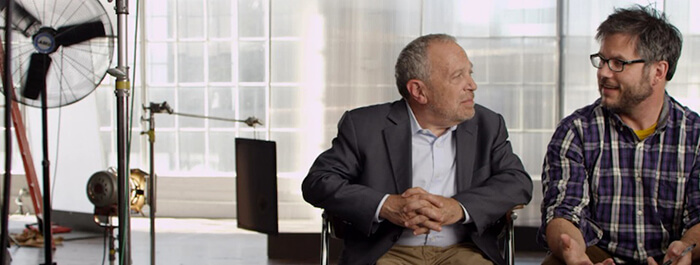
Image from Inequality for All
Documentaries like
DOLORES are vital in providing a spotlight for otherwise unrepresented voices. Chronicling the life of one of the most important, yet least known, activists in American history, Dolores Huertas, this documentary provides both a historical record of her unwavering fight for racial and economic justice in addition to ensuring accurate cultural representation is presented in our review of history.
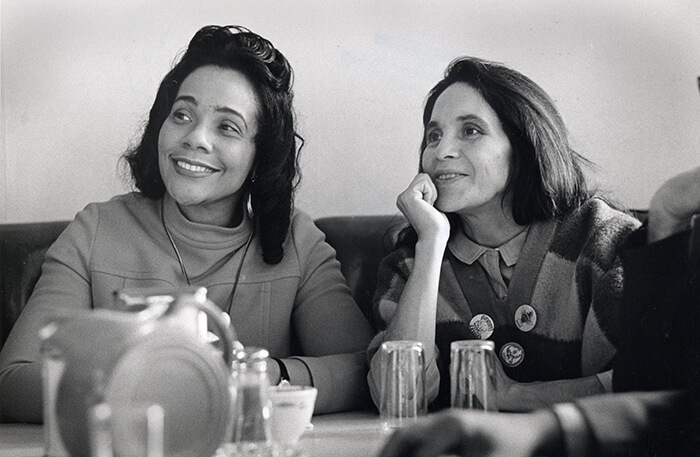
Image from DOLORES
There is a reason these films are watched time and time again - it’s that they’re not just informative, they are
transformative. In the classroom, they serve as a bridge between theoretical knowledge and real-world application, encouraging students to question, critically analyze, and engage with the world around them. By peeling back the layers of complex social issues and presenting them in relatable, human terms, these documentaries act as powerful tools for education.
For as Nelson Mandela
once said:
“Education is the most powerful weapon
which you can use to change the world.”

Nelson Mandela's during 1990 Trip to Boston - Boston Magazine
Photo by Charles Krupa, ASSOCIATED PRESS, AP1990






